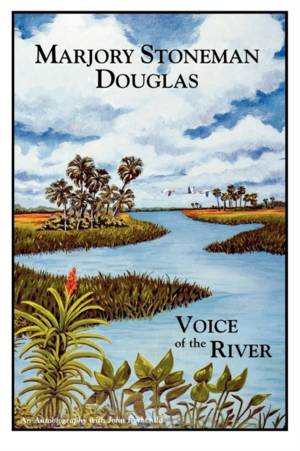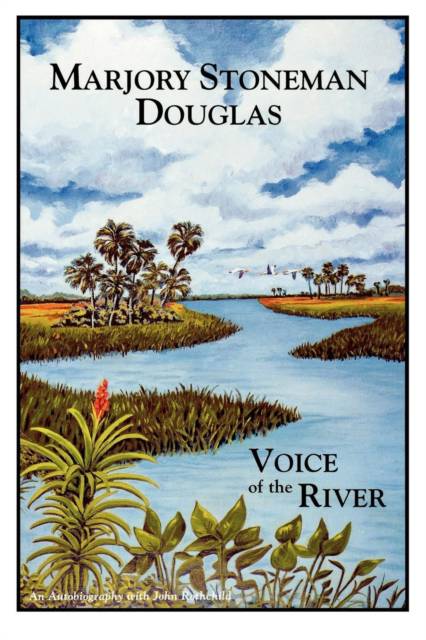
- Afhalen na 1 uur in een winkel met voorraad
- Gratis thuislevering in België vanaf € 30
- Ruim aanbod met 7 miljoen producten
- Afhalen na 1 uur in een winkel met voorraad
- Gratis thuislevering in België vanaf € 30
- Ruim aanbod met 7 miljoen producten
Omschrijving
Born in Minnesota in 1890 and raised and educated in Massachusetts, Marjory Stoneman Douglas came to Florida in 1915 to work for her father, who had just started a newspaper called the Herald in a small town called Miami. In this "frontier" town, she recovered from a misjudged marriage, learned to write journalism and fiction and drama, took on the fight for feminism and racial justice and conservation long before those causes became popular, and embarked on a long and uncommonly successful voyage into self-understanding. Way before women did this sort of thing, she recognized her own need for solitude and independence, and built her own little house away from town in an area called Coconut Grove. She still lives there, as she has for over 40 years, with her books and cats and causes, emerging frequently to speak, still a powerful force in ecopolitics.
Marjory Stoneman Douglas begins this story of her life by admitting that "the hardest thing is to tell the truth about oneself" and ends it stating her belief that "life should be lived so vividly and so intensely that thoughts of another life, or a longer life, are not necessary." The voice that emerges in between is a voice from the past and a voice from the future, a voice of conviction and common sense with a sense of humor, a voice so many audiences have heard over the years--tough words in a genteel accent emerging from a tiny woman in a floppy hat--which has truly become the voice of the river.
Specificaties
Betrokkenen
- Auteur(s):
- Uitgeverij:
Inhoud
- Aantal bladzijden:
- 272
- Taal:
- Engels
Eigenschappen
- Productcode (EAN):
- 9780910923941
- Verschijningsdatum:
- 1/03/1990
- Uitvoering:
- Paperback
- Formaat:
- Trade paperback (VS)
- Afmetingen:
- 152 mm x 229 mm
- Gewicht:
- 385 g

Alleen bij Standaard Boekhandel
Beoordelingen
We publiceren alleen reviews die voldoen aan de voorwaarden voor reviews. Bekijk onze voorwaarden voor reviews.











